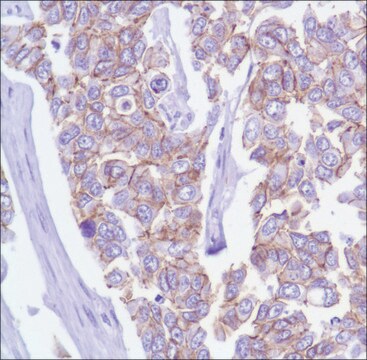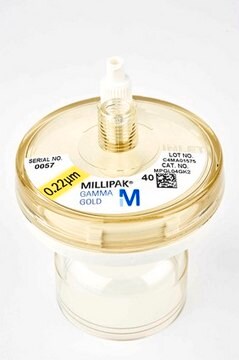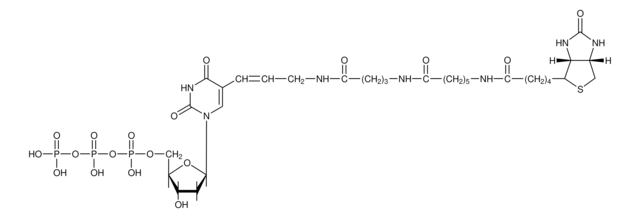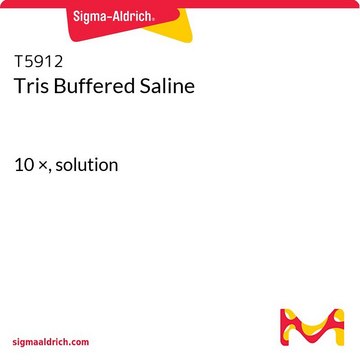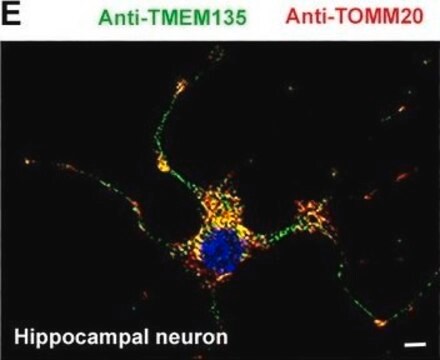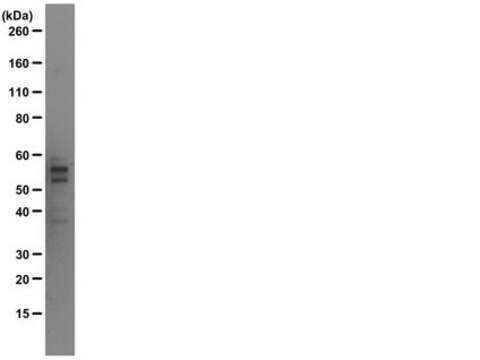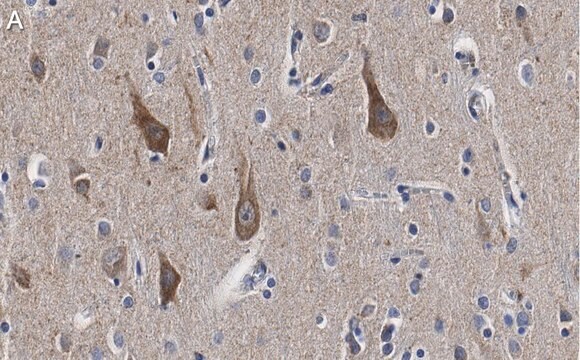MABN2284
Anti-Delta-like protein 1 Antibody, clone PGPM-1F9
clone PGPM-1F9, from rat
Synonym(s):
Drosophila Delta homolog 1, Delta1
About This Item
Recommended Products
biological source
rat
Quality Level
antibody form
purified immunoglobulin
antibody product type
primary antibodies
clone
PGPM-1F9, monoclonal
species reactivity
mouse
packaging
antibody small pack of 25 μg
technique(s)
flow cytometry: suitable
immunohistochemistry: suitable
western blot: suitable
isotype
IgG2aκ
NCBI accession no.
UniProt accession no.
shipped in
ambient
target post-translational modification
unmodified
Gene Information
mouse ... Dll1(13388)
Related Categories
General description
Specificity
Immunogen
Application
Flow Cytometry Analysis: 1 µg from a representative lot detected Delta-like protein 1 in one million DLL1-flag A7A1/CHO cells expressing DLL1.
Western Blotting Analysis: A representative lot detected Delta-like protein 1 in Western Blotting applications (Geffers, I., et. al. (2007). J Cell Biol. 178(3):465-76).
Neuroscience
Quality
Western Blotting Analysis: 0.5 µg/mL of this antibody detected Delta-like protein 1 in 10 µg of lysate from CHO cells stably expressing Flag-tagged Delta-like Protein 1.
Target description
Physical form
Storage and Stability
Other Notes
Disclaimer
Not finding the right product?
Try our Product Selector Tool.
Storage Class Code
12 - Non Combustible Liquids
WGK
WGK 1
Flash Point(F)
Not applicable
Flash Point(C)
Not applicable
Certificates of Analysis (COA)
Search for Certificates of Analysis (COA) by entering the products Lot/Batch Number. Lot and Batch Numbers can be found on a product’s label following the words ‘Lot’ or ‘Batch’.
Already Own This Product?
Find documentation for the products that you have recently purchased in the Document Library.
Our team of scientists has experience in all areas of research including Life Science, Material Science, Chemical Synthesis, Chromatography, Analytical and many others.
Contact Technical Service